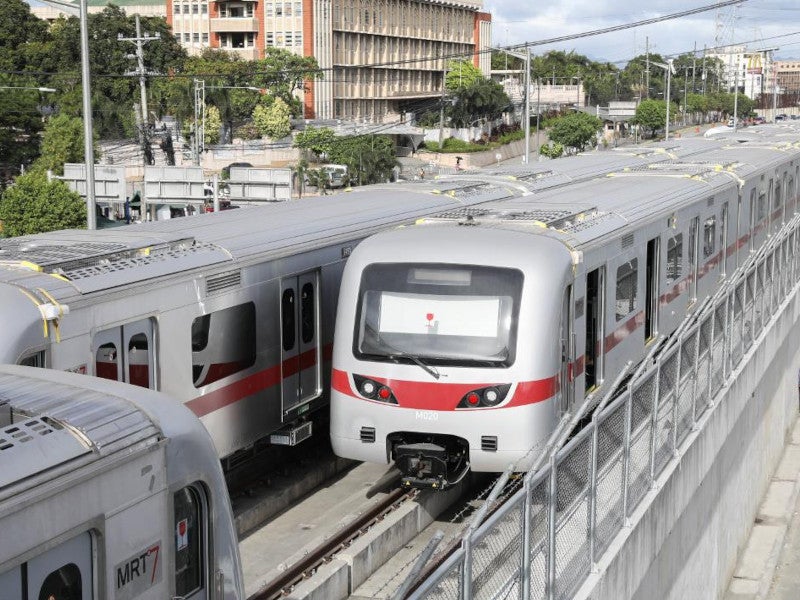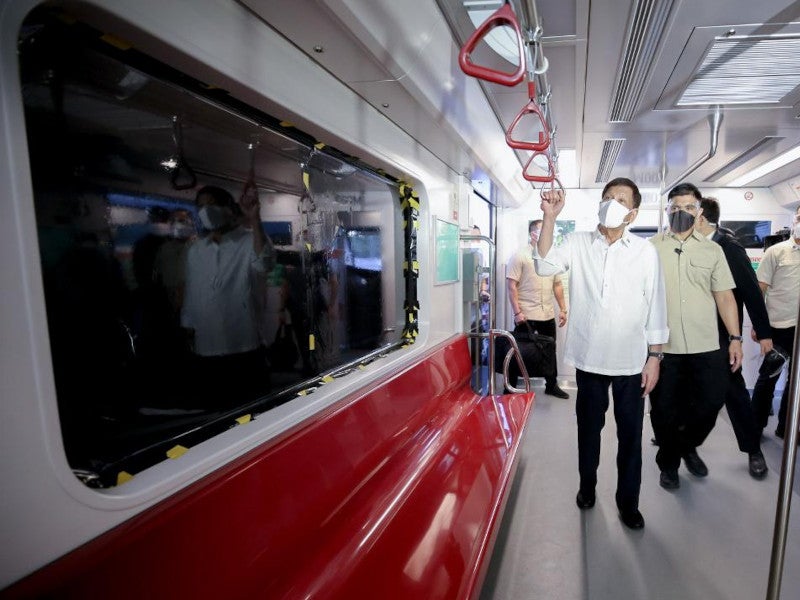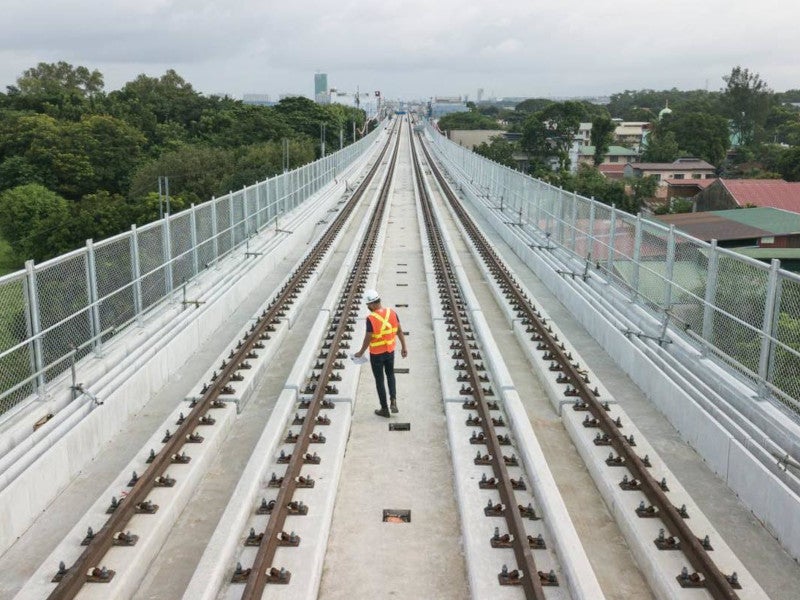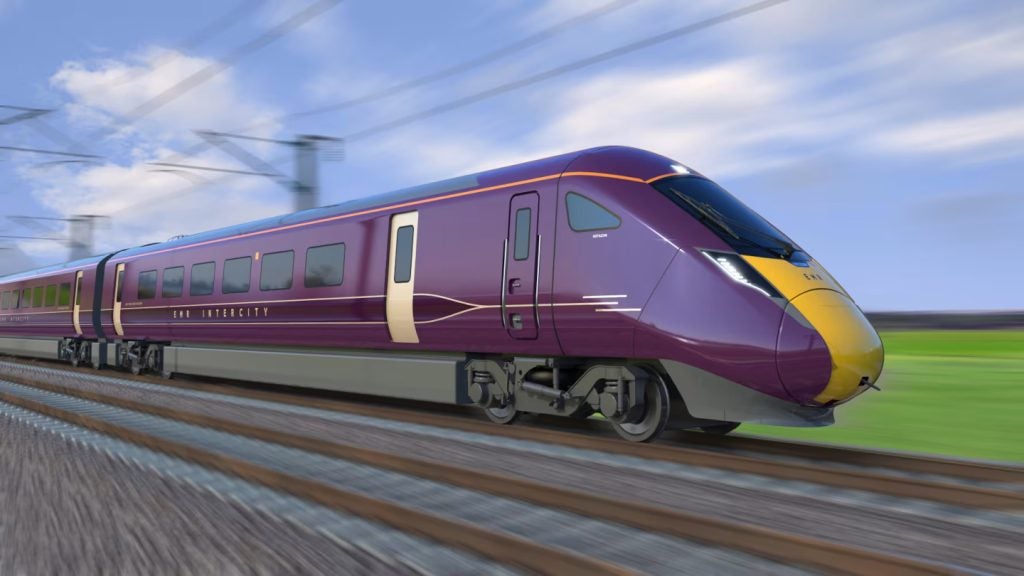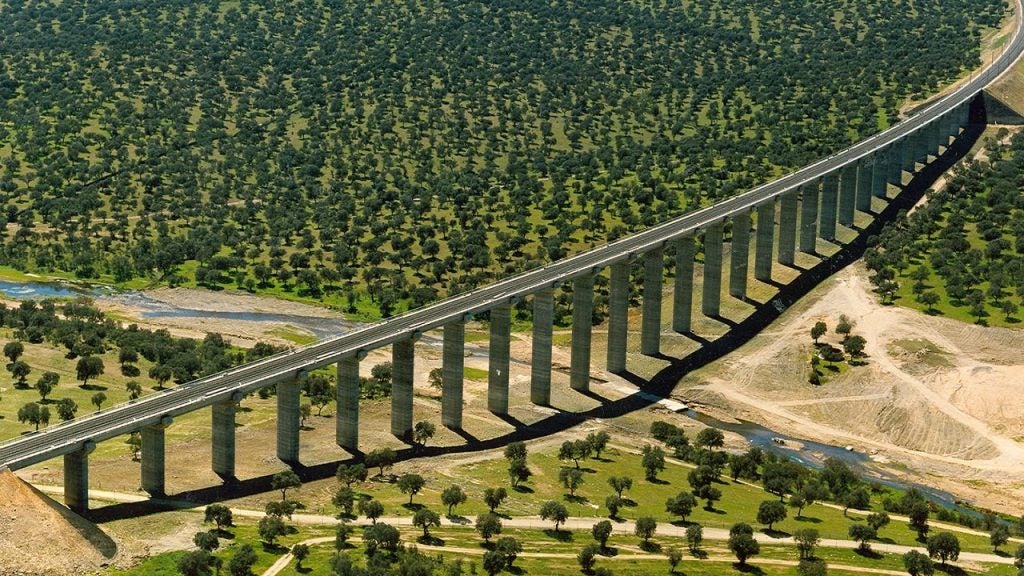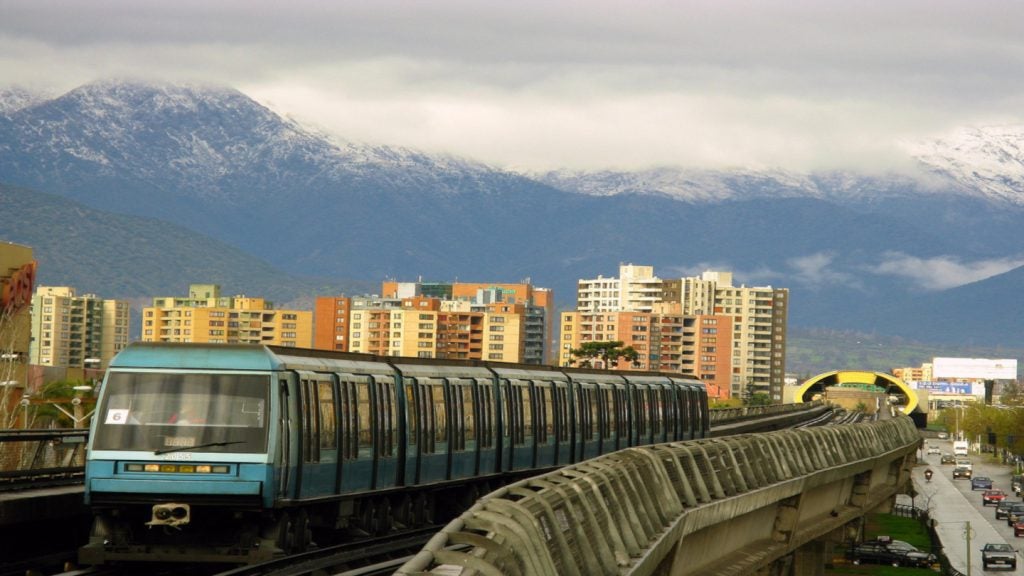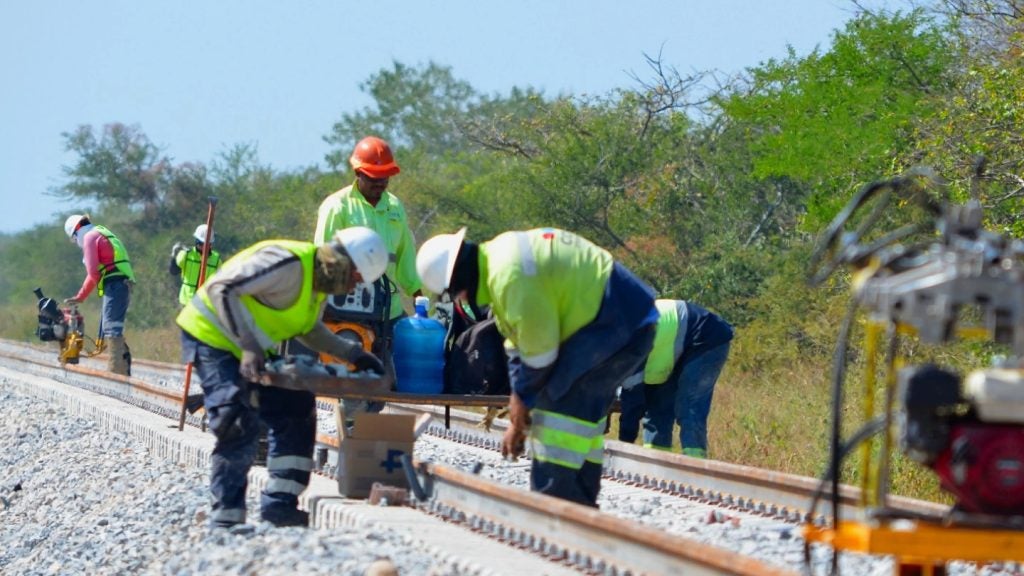Manila Metro Rail Transit (MRT) Line 7 in the Philippines is a 23km-long elevated rapid transit line under construction. The elevated line will run from North Avenue, Quezon City, to San Jose del Monte, Bulacan, and will include 14 stations. The project is owned and managed by the Philippines Department of Transportation (DOTr).
The new line will carry approximately 28,000 passengers an hour in each direction, which can be extended to roughly 36,000 passengers an hour with further upgrades. It is estimated to initially serve approximately 300,000 passengers a day, which will increase to 850,000 passengers a day upon completion of the upgrades.
Construction on the new line began in April 2016 and was more than 60% completed as of January 2023. Metro Manila is currently served by LRT 1, LRT 2, and MRT 3.
MRT line 7 is expected to be fully operational by the first quarter of 2025.
MRT line 7 project background and design
Universal LRT Corporation BVI (ULC), a subsidiary of San Miguel Corporation (SMC), was selected by the DOTr in 2008 to build the MRT line 7 through a build-gradual transfer-operate and maintain (BGTOM) agreement over a 25-year concession period. Financial closure for the project was achieved in February 2016.
The project is being developed through a public-private partnership (PPP) and is estimated to involve an investment of PHP77bn ($1.4bn).
Serving the commuters on the congested Commonwealth Avenue area, the MRT line 7 will significantly reduce traffic in the area, minimise travel times, and help decongest traffic in the Caloocan and Balagtas Interchange of the North Luzon Expressway (NLEx).
The new line will include a 23km elevated railway line with 14 stations, which include Quezon North Avenue Joint station, Quezon Memorial Circle, University Avenue, Tandang Sora, Don Antonio, Batasan, Manggahan, Dona Carmen, Regalado, Mindanao Avenue, Quirino, Sacred Heart, Tala, and San Jose del Monte.
The project also includes the construction of a six lane-22km asphalt road from the NLEX Bocaue interchange, and an intermodal transport terminal (ITT) located near San Jose del Monte station.
The new railway line will make it easier for the residents of Quezon City, Caloocan City, Bulacan, and neighbouring areas to commute to the centre of the metropolis much faster than on road. It is expected to minimise the travel time by 2.5 hours from the current 3.5 hours by road.
Manila MRT line 7 construction
Construction of the MRT line 7 began at the children’s Garden of the Quezon Memorial Circle in Quezon City in April 2016. The ground-breaking ceremony was attended by Benigno S. Aquino III, the president of the Republic of the Philippines.
A depot is being constructed at San Jose del Monte to accommodate rolling stock, a control centre, administrative offices, and other facilities.
Rolling stock for MRT line 7
The new railway line will be operated with 108 rail cars in a three-car configuration. Hyundai Rotem was awarded a $440.2m rolling stock contract to supply 108 three-car train sets to be operated on the line 7 in January 2016.
The MRT line 7 will have a total of 36 three-car train sets supplied by Hyundai Rotem. The South Korean rolling stock manufacturer shipped six train sets for the project by the end of 2021.
Contractors involved
The consortium consisting of EEI Corporation and Hyundai Rotem Company was awarded an engineering, procurement, construction and commissioning (EPCC) contract for the MRT line 7 project in 2008.
Engineering consulting firm Meinhardt was contracted to provide mechanical, electrical, and public health engineering and fire protection (MEPF) services for the project.
TUV Rheinland, a leading inspection service provider based in Germany, was selected to provide project management consultancy services for the MRT 7 project.
Systra was engaged to provide owner’s engineer consultancy services for the project in September 2018. The technical assistance was provided by a consulting and engineering company in the Philippines.
The architectural designs for the stations and the ITT near San Jose del Monte station are provided by Philkoei International, an engineering and consulting company based in the Philippines.
Geotechnical investigations and flood risk assessments were performed by AMH Philippines, an academe‐linked engineering consultancy firm based in the University of Philippines.
Steconfer provides track work services for the MRT line 7 construction.

